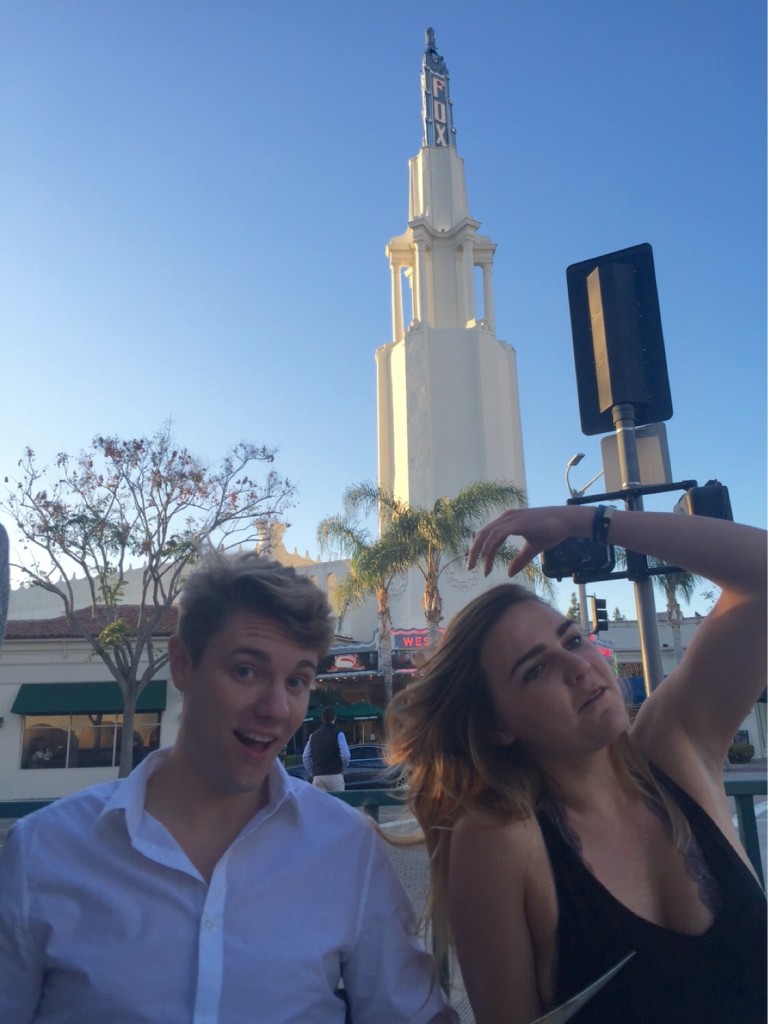When compared with writers of film, who are notoriously separated from their projects when studios tear the script to shreds, television writers have serious power. Whether writing for a comedy or for a drama, the writers’ room is an essential part of the process of developing any television series. The writers’ room is where ideas are flung, plots are outlined, and character arcs are built. While procedurals and sitcoms tend to push the reset button at the end of each episode, every modern television series has aspects of serialization. Without a writers’ room, a season of television would have no connectivity. An event of one episode would be erased by the next episode. Characters would not develop, relationships would not be altered, and the status quo would fizzle as a boring norm for the audience.
At Baby Daddy, we witnessed the power of writers in a live multi-cam sitcom. A script arrives early in the workweek to be rehearsed. Each day during rehearsal, suggestions from the cast, crew, and directors are passed back to the writers. Typically, writers will respond to some (but not all) of the suggestions by tweaking the scripts. Later in the week, when the show is being filmed in front of a live studio audience, cast members may ad lib jokes. The director may provide a last-minute direction. The writers, however, are the final judges of these choices by providing feedback as to what carries in the edit room (writers are often also producers of a given episode).
The frequent back-and-forth between writers and other above-the-line crew is unusual on other types of television. Single camera shows tend toward a much more rigid production structure. On Chicago PD, a procedural drama, the writers meet at the beginning of the season and rarely afterwards. The scripts are divided among primary writers. From the moment a script is assigned to a specific writer, the script is their baby. Writers have to respond to the executives—with the idea, the draft, the final draft—but are given freedom to work within constrains of network standards. During production, a script is nearly solidified but the writer is on-set to respond to changes. Procedural dramas have less collaboration between writers and fewer script changes during production, but the writers still maintain a high degree of creative input.
You’ve heard it before but I’ll repeat it again: Film is a director’s medium. Television is a writer’s medium. Where would you rather be? Elle and I certainly know.
